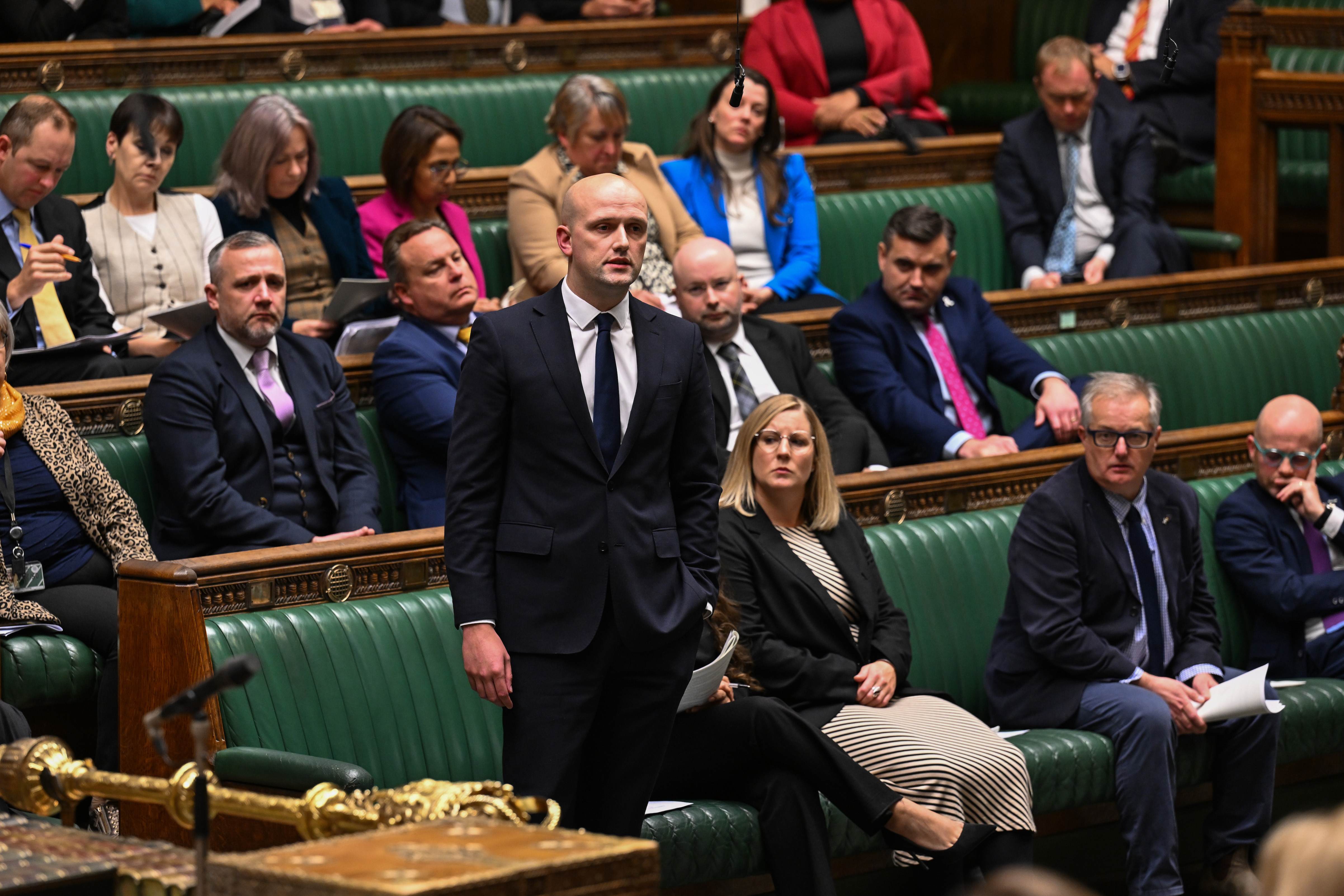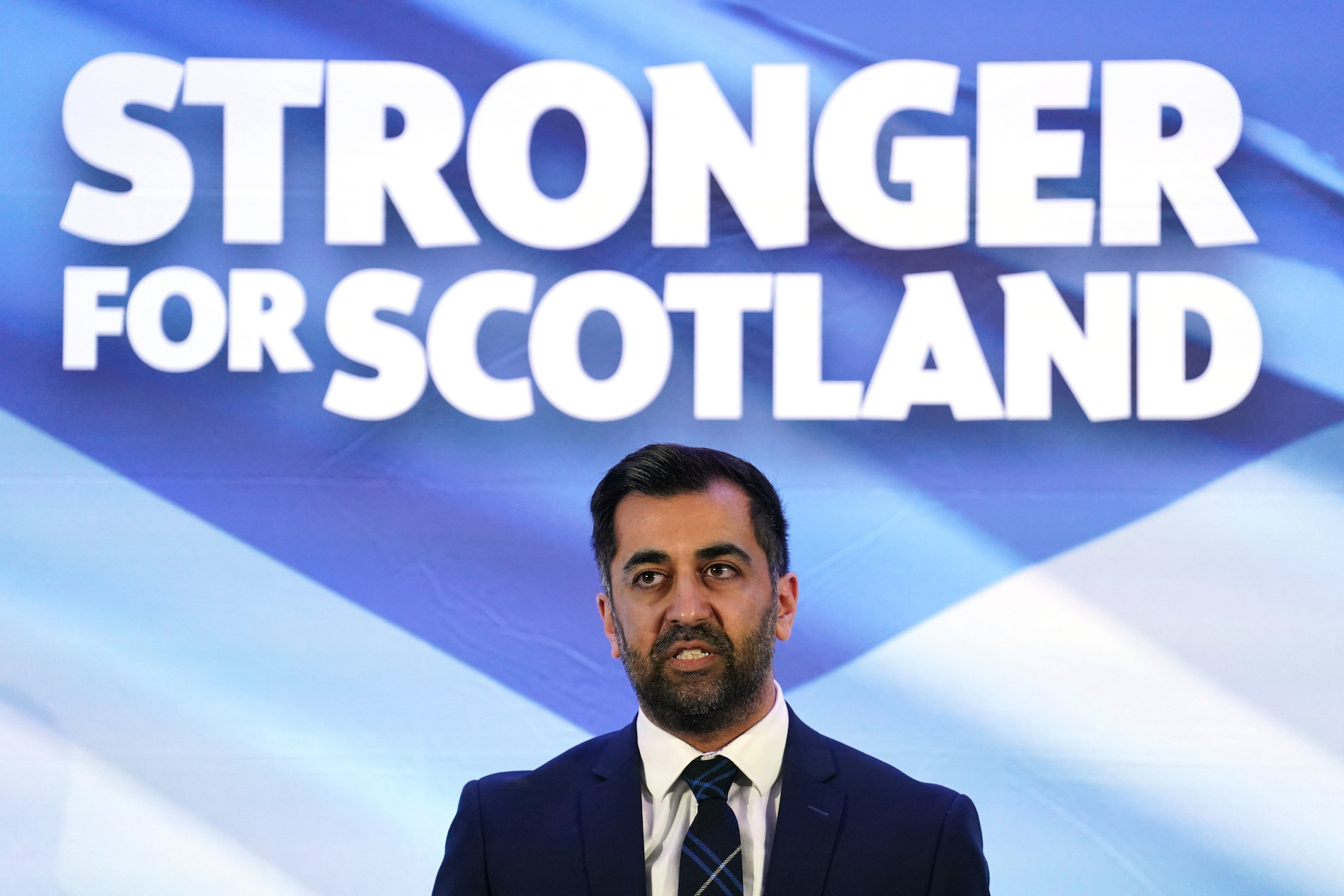How much is Careers Allowance in 2023/24?
Carers Allowance is a non-contributory, non means tested benefit paid to carers whose incomes are affected by significant caring responsibilities.
Carers Allowance is payable to people caring ‘regularly and substantially’ for a person in receipt of a qualifying disability benefit.
In 2023/24, Carers Allowance was paid at the rate of £76.75 a week for carers who were earning below the earnings limit (less than £139 a week).
Who is eligible for Carers Allowance?
To be entitled to the financial support offered by Carers Allowance, a person must be aged at least 16 years old, meet residence and presence conditions, care for 35 or more hours per week, not be subject to immigration control, not be in full-time education and not be ‘gainfully employed’.


If you get carer’s allowance, you are allowed to work but must not earn more than £139 a week after deductions for tax, national insurance contributions and half of any pension contributions earnt.
In addition, the individual must care for someone receiving a qualifying benefit, such as:
• The middle or highest rate Disability Living Allowance care component,
• Attendance Allowance,
• Personal Independence Payment daily living component,
• Constant Attendance Allowance at or above the normal maximum rate with Industrial Injuries Disablement benefit.
• Disablement Benefit, or basic (full day) rate with a War Disablement Pension, or
• Armed Forces Independence Payment
If someone has a regular and substantial caring responsibiliy for someone with a severe disability, it is possible to obtain a carer amount in a universal credit award.
If a person is caring for two or more people, they can only claim Carers Allowance for looking after one of them. Due to the overlapping benefit rules, someone cannot normally be paid Carers allowance if they receive certain other welfare benefits such as the State Pension, Incapacity Benefit, and Maternity Allowance.
It may though be possible for those who are eligible to be awarded extra Pension Credit or Housing Benefit.
Controversies
A qualitative study carried out in 2007 by ‘The Disability and Carers Service’ (DCS) found that many Carers Allowance recipients see the benefit as a ‘compensation’ for their limited ability to work. According to the same study, many Carers Allowance recipients also see the benefit as a ‘reward’ for the care they provide.
For some years, Carers Allowance has been subject to critical comment from politicians and policy researchers.
The level of financial help provided Carers Allowance is criticized particular when compared with other ‘income replacement’ benefits. People are also critical of the fact that Carers Allowance cannot be paid in addition to certain other state benefits, including the state pension.
Attention is also drawn to the problems faced by people seeking to study or do paid work while claiming Carers Allowance.
1 in 4 carers concerned about coping over winter, says report
Reform proposals
In August 2008, the House of Commons Work and Pensions Committee published a report, ‘Valuing and supporting carers’ which looked at the financial support for carers in detail. The report asked the Department of Work and Pensions ‘to give urgent and detailed consideration to replacing Carers Allowance with a two-tiered benefit for carers, and cost our proposals as soon as possible’.
It called for a Carer Support Allowance, to be paid at the same rate as Jobseeker’s Allowance, with the opportunity to earn a modest amount in a paid job. It also put forward the idea for a Caring Costs Payment, available to all carers in intensive caring roles (35+ hours per week, consistent with existing Carers Allowance), but payable also to those over State Pension age, to compensate them for the additional costs of caring, and to enable them ‘to buy in some help, goods or services to ease their caring situation’.
The then Labour government accepted this report in principle, but nonetheless made no further announcements before the 2010 General Election.
Media reports in March 2015 suggested that the Conservative government had been considering ideas that might in the future link Carers Allowance with Universal Credit. In a joint letter to The Guardian, Rosemary O’Neill of Carer Watch and over 70 other individuals from disability, carers’ and other organisations argued that moving carers to Universal Credit would result in an unfair system. The Conservative party insisted that the leaked proposals were not party policy.
In November 2017 the Work and Pensions Select Committee of the House of Commons launched an inquiry into Support for Carers to examine the ‘realities of juggling caring duties with paid employment’.
The report concluded changes needed to be made to:
• The income ‘cliff-edge’ that resulted from Carers Allowance being removed in full when earnings exceed the threshold; and
• The disconnection between the earnings threshold and the National Living Wage.
The Department for Work and Pensions rejected the Committee’s recommendations. The Work and Pensions Committee Chair, Frank Field, criticised the Department for Work and Pensions for its “non-response” to the Committee’s report.
History of Carers Allowance
The history of Carers Allowance goes back to the introduction of the ‘Invalid Care Allowance’ ICA in 1975. The scheme followed the 1974 White Paper ‘Social Security Provision for Chronically Sick and Disabled People’ which stated that there was ‘a strong case for the provision of a non-contributory benefit of right’ to be payable to carers of a sick or disabled person.
From October 2002, the upper age limit(65) for allowance claims was abolished. The reform also renamed ‘Invalid Care Allowance’: Carers Allowance.
Neither Tony Blair or Gordon Brown made further changes to Carers Allowance following the 2002 updates. And, despite heavy speculation, no changes have been made to Carers Allowance by the Coalition and subsequent Conservative government since 2010.
In 2016, the Scotland Act 2016 devolved responsibility for disability and carers’ benefits to the Scottish Parliament. The Scottish Government has introduced a Young Carer Grant worth £300 a year, and a Carer’s Allowance Supplement.
Carers Allowance and Coronavirus
To help unpaid carers during the Coronavirus outbreak, the Government has introduced a new aspect to the eligibility criteria for claiming Carers Allowance. The new regulations allowed an unpaid carer in England and Wales to continue to claim Carers Allowance if they had a temporary break in caring because of the isolation and quarantining requirements that can about if the person they care for had COVID-19.
Statistics
In February 2019, there were 868,000 recipients of Carers Allowance in Great Britain. Total expenditure on Carers Allowance in 2019-20 is forecast to be £2.98 billion. (Source – Department of Work and Pensions)
In April 2001 approximately 10 per cent of the UK population were regularly looking after a relative, friend or neighbour on an unpaid basis. (Census 2001)
There are almost eight million informal carers in the UK – a staggering 35% increase since 2001. (Estimate from the Demos Think Tank)
Quotes
‘With the situation moving so quickly, we are pleased the Government has rapidly responded and introduced this new provision, ensuring that unpaid carers can continue to claim Carers Allowance if their caring role changes during the coronavirus outbreak’. – Helen Walker, Chief Executive of Carers UK.
“The value of their support, overall is worth a staggering £119bn a year yet, caring can come at a huge personal cost to carers placing a strain on finances as well as health and wellbeing’- Emily Holzhausen, Director of Policy at Carers UK, speaking on the role played by relatives and friends.


























